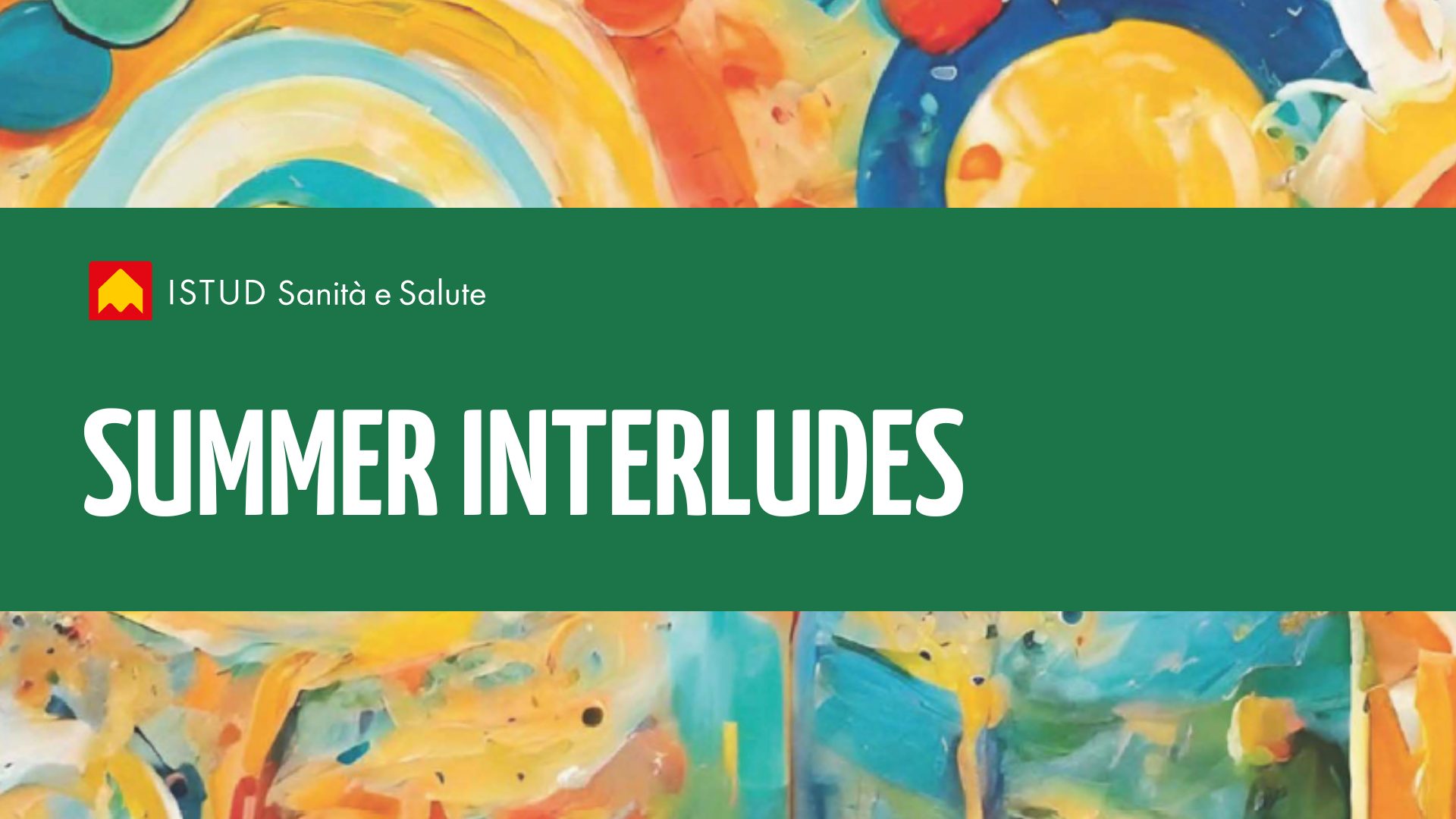
Course Objective
The objective of this seminar aims to deepen one’s understanding of narrative medicine, specifically its importance in healthcare. Participants will learn the effective utilization of narratives to provide important insights, such as the societal constraints faced by vulnerable groups in an unequal world while integrating various aspects ofhumanities into these health practices.
First Interlude: Narrative Medicine and the Reason ‘Why’
Narratives, whether in novels or clinical cases, share three common elements: a clear beginning, middle, and end; the use of characters, events, actions, and context to previde understanding; but most importantly, they offer unique insights into individual experiences and societal dynamics, shedding light on issues like the societal constraints faced by vulnerable groups in an unequal world. In clinical cases, narratives serve as a framework, tying in how patterns of diseases affect people from a broader perspective.
Second Interlude: Methods in Narrative Medicine
By using a people-centered approach, advocated by the WHO, narrative methods find application across various domains. On an individual level, narratives previde the tools far health communication which can influence behavioral changes through culturally and socially resonat storytelling. On a community level, narratives previde a platfarm and method to empower marginalized groups and faster collective action far health equity among all groups. On a provider level, understanding and responding to a patients’ narratives with empathy and care is just as important
Third Interlude: Humanities in Health and Narrative Medicine
Considering the role of humanities in the review of health and narrative medicine is of immense importance. lt acknowledges the connections between narrative research and the humanities, specifically in recognizing the limitations of traditional hierarchies in collecting and analyzing evidence to capture the full spectrum of human experiences. lt is important to understand the philosophical principles that guide the interpretation of social phenomena.
Course faculty
The faculty is composed ofprofessionals experienced in the use of these healing languages applied to health contexts:
- MARIA GIULIA MARINI – Scientific Director ISTUD, President of European Narrative Medicine Society
- ANTONIETTA CAPPUCCIO – Head of ISTUD Healthcare
- JONATHAN MCFARLAND- Professor at Universidad Autonoma de Madrid, President of Doctor as a humanist
